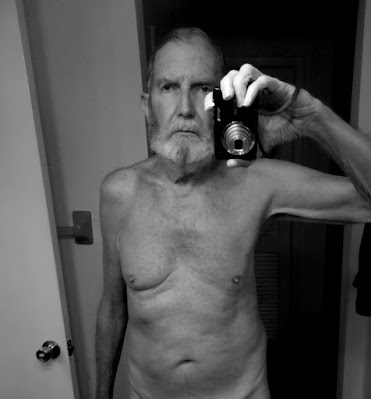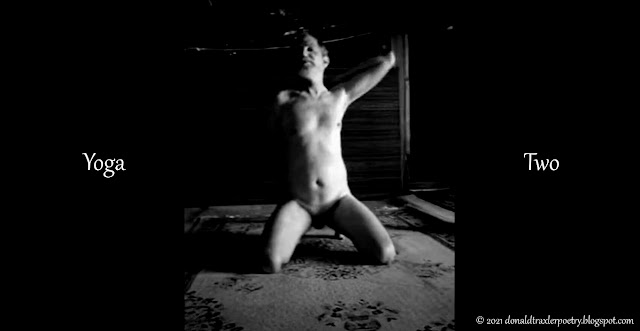The second version that St. Jerome offered to Pope Damasus (translated from the Hebrew) is actually quite interesting. The underlying Hebrew text is pretty close to the Masoretic Text that we know today. This Hebrew text would be about 400 years older than the Masoretic, and about 550 years YOUNGER than the Hebrew text underlying the Septuagint. The Septuagint is about a thousand years older than the Masoretic Text, thus much closer to the source.
The version that Pope Damasus accepted, St. Jerome's Latin translation of the Greek of the Septuagint (shown on the left-hand page in the illustration above) became the standard in the Catholic Church. Orthodox churches used the Septuagint directly. There was, thus, overall agreement as to meanings.
The Septuagint isn't only a thousand years older than the Masoretic Text, it also reflects an underlying Hebrew text that was more complete and less corrupt. As an example of this, I'll give the case of the missing verse in Psalm 145 of the Masoretic Text, numbered as Psalm 144 in the Septuagint and the Vulgate.
Psalm 144/145 is an alphabetic acrostic. In other words, in the original Hebrew, each verse begins with a letter of the Hebrew alphabet, and they appear in alphabetic order. But in the Masoretic Text, the verse beginning with the Hebrew letter "Nun" is missing. Apparently, that verse was missing in the manuscripts that the Masoretes had before them. But we know what the verse said, both because it does appear in at least one pre-Masoretic manuscript of this Psalm, and because it appears in the Septuagint.
Here is the Hebrew version of the missing verse:
נאמן יהוה בכל־דבריו וחסיד בכל־מעשיו
And here it is in St. Jerome's Latin, based on the Septuagint:
fidelis Dominus in omnibus verbis suis the Lord is faithful in all his words
et sanctus in omnibus operibus suis and holy in all his works
(to be continued)
Text and image Copyright © 2021 by Donald C. Traxler aka Donald Jacobson Traxler.




































